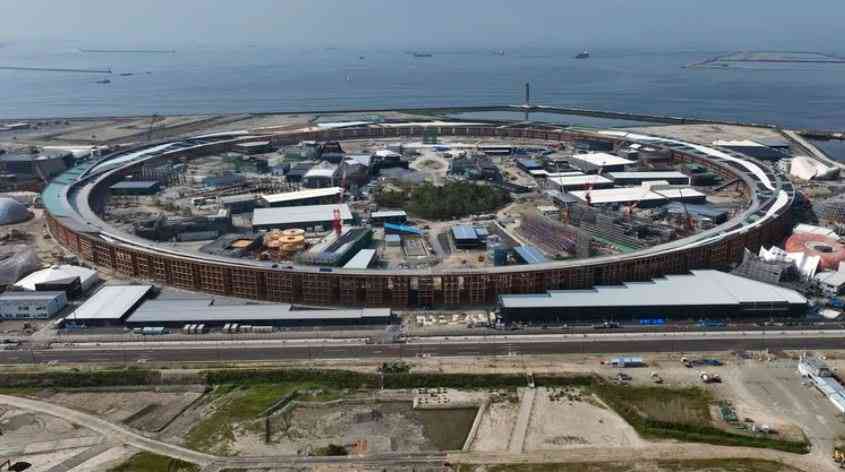
Kenya is witnessing an alarming surge in violence cases, with tragic stories of brutal killings dominating headlines. From domestic violence to robbery-related murders and politically motivated assassinations, the rise in violent crime exposes a growing threat to public safety. As communities grapple with economic hardship, social breakdowns, and limited mental health support, urgent interventions are needed to stem this wave of violence.
Killings are no longer isolated incidents but widespread across both urban and rural areas. Police reports reveal disturbing patterns, including family-related murders and unresolved killings, raising serious questions about the effectiveness of law enforcement. Economic instability, broken family structures, and untreated mental health issues have become dangerous triggers, escalating conflicts into fatal encounters. Some of the most heart-wrenching cases involve gender-based violence, which has seen women and children fall victim to toxic relationships.
Kenya’s economic challenges are a significant driver of violence. High unemployment, inflation, and the rising cost of living place enormous pressure on individuals and families, creating fertile ground for frustration and aggression. In many cases, domestic violence fueled by financial stress spirals into tragic outcomes. However, beyond economics, the country faces a mental health crisis. With limited access to counseling and treatment, conditions like depression and substance abuse often go unchecked, resulting in violent outbursts.
Gender-based violence (GBV) is a persistent issue, contributing significantly to the killings. Many homicides occur within homes, where toxic relationships escalate into fatal confrontations. A culture that normalises violence against women, coupled with weak protective mechanisms, leaves many vulnerable to abuse. The failure to address GBV continues to cost lives, exposing gaps in law enforcement and social services.
Family breakdowns further contribute to the surge in homicides. Cases of neglect, divorce, and separation are on the rise, leaving many young people without guidance or emotional support. Some are lured into criminal activities or radicalisation, while others develop violent tendencies, leading to deadly confrontations. The absence of functional family units has a cascading effect on communities, with increasing crime rates becoming the norm.
Law enforcement and the judicial system face immense criticism for failing to manage crime effectively. Many murder cases remain unresolved, creating a sense of impunity among offenders. Corruption, delayed investigations, and weak prosecutions erode public trust in the justice system. In some cases, frustrated communities resort to mob justice, further fueling the cycle of violence.
The impact of homicides is devastating, leaving behind broken families, traumatised communities, and a deteriorating sense of safety. Children who witness violence often carry emotional scars that may manifest later in life as aggression or depression, perpetuating a cycle of trauma. The economic impact is also significant.
Addressing this crisis will require bold and targeted interventions. Strengthening law enforcement is critical. Police reforms, improved investigation capacity, and community policing initiatives can help restore public confidence. Mental health services must also be prioritised, with increased access to counseling and early intervention programmes.
Mutai is a media and communications consultant







